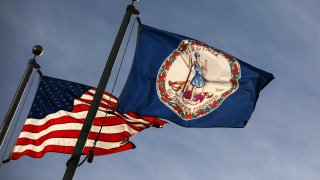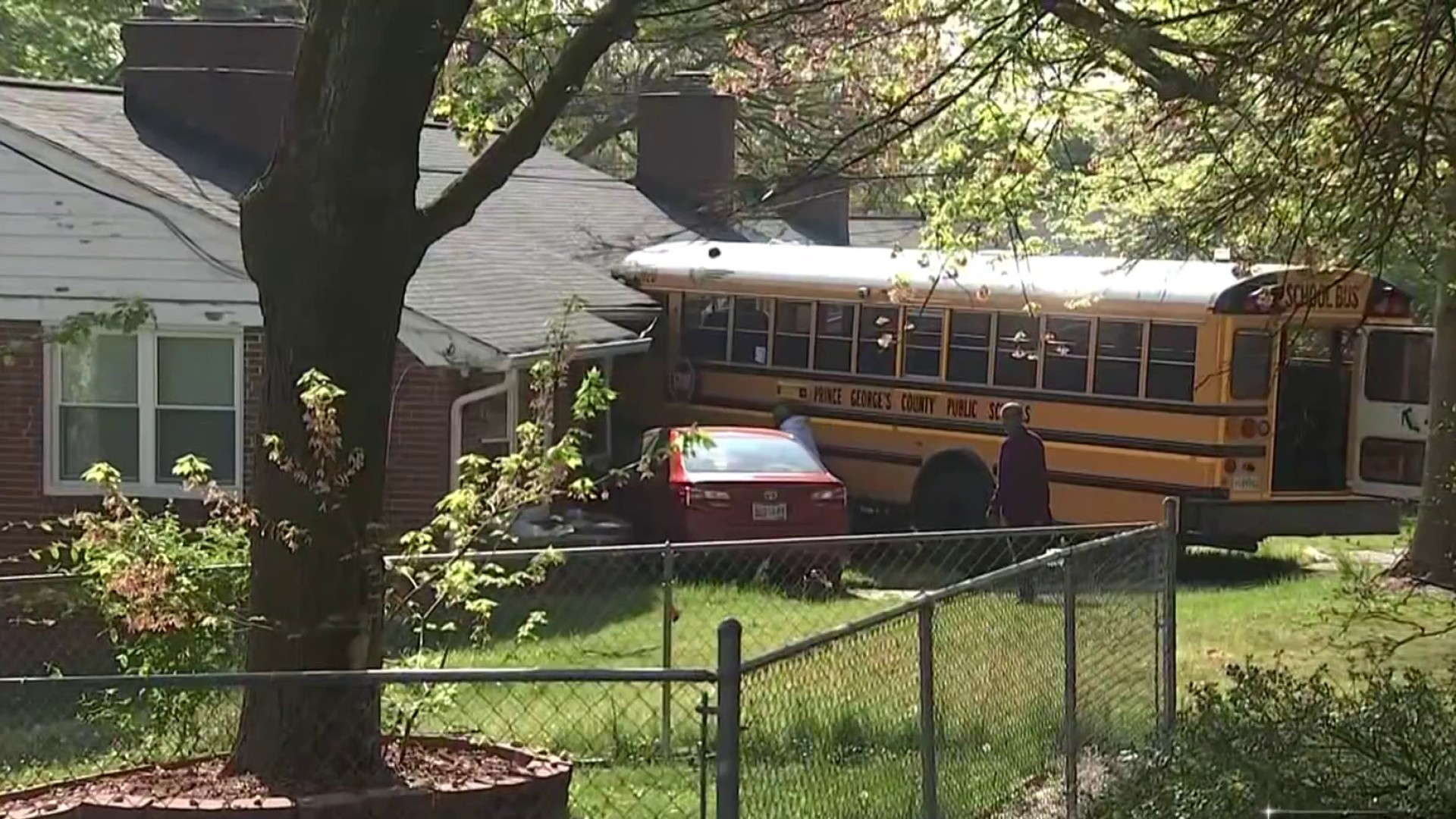
A project to replace the clunky and sometimes-unreliable IT system essential to administering Virginia's elections is running “critically behind schedule," Republican Gov. Glenn Youngkin's administration said this week.
Youngkin's newly appointed commissioner of elections, Susan Beals, became aware of the situation shortly after taking over the role in mid-March, according to the governor's office, which attributed the delays to “mismanagement of deadlines" during Gov. Ralph Northam's administration.
Problems with the Virginia Election Registration Information System, or VERIS, have been well documented for years, and the General Assembly has recently appropriated money for both updates and a full replacement. A contract for the replacement — estimated to cost tens of millions of dollars — was initially expected to have been awarded last fall but hasn't been yet, the governor's office said.
Chris Piper, the state's former commissioner who was appointed by Northam, said Friday that the initial timeline was “optimistic” and that while VERIS needs replacement, it is secure and can handle this year's elections.
We're making it easier for you to find stories that matter with our new newsletter — The 4Front. Sign up here and get news that is important for you to your inbox.
As the state works to process complicated redistricting data sets, VERIS will be taken offline one additional day a week for the next six weeks, a move a Youngkin cabinet official said was not expected to impact the general public or voter registration efforts.
Elections officials primarily use VERIS to maintain the statewide list of registered voters, according to a 2018 report by the legislature's watchdog agency that found the system was “not sufficiently functional or reliable.” It is also used to assign voters to precincts and legislative districts and is used by localities on Election Day to transmit results, the report said.
VERIS is not used to record and tabulate ballots, and the governor's office did not suggest that delays in the project had any impact on the administration of recent elections or accuracy of the results, which have been affirmed by routine state audits.
Local
Washington, D.C., Maryland and Virginia local news, events and information
But VERIS has had challenges since its inception in Virginia in 2007, the watchdog report said.
For instance, in October 2016, a surge of online voter registration applications overwhelmed the server capacity, causing the system to crash, the report said. That led to a lawsuit that resulted in the state extending its voter registration deadline.
“Registrars reported that VERIS processes certain transactions slowly and is prone to crashing, particularly during times of peak usage before and on election day," the report said.
The Virginia Mercury reported in May 2021 that the state was expected to award a contract for its replacement in the fall, with the new system to run “concurrently” with VERIS in 2022 before going fully operational in 2023.
But no contract has been awarded yet, Youngkin’s office said in a document outlining the situation shared with the AP.
“Throughout 2020 and 2021, mismanagement of deadlines resulted in a project that is critically behind schedule,” the document said.
Piper said in a text message that there were “optimistic deadlines for the project but the ultimate goal is a database the Commonwealth can operate for a decade or more."
“Rushing the project would not be advised. Ensuring a quality product is the most important goal,” he said.
Lyn McDermid, who oversees the elections department as Youngkin’s secretary of administration, said in an interview that she didn't have all the specifics about what had delayed the project. The responses to a request for proposal are now being evaluated, she said.
“We just want to do it as quickly as possible, but do it right,” she said.
A state report issued in 2020 estimated the replacement cost would be about $29 million.
As for the Friday to Sunday periods when the system will be offline for work on the redistricting data sets over the next six weeks, McDermid said there should be zero impact on the general public, including online voter registration.
McDermid said access for registrars to input changes had already been off on Saturdays and Sundays.
Brenda Cabrera, the director of elections and general registrar for the city of Fairfax and president of the Voter Registrars Association of Virginia, said the news of the delay didn't raise any new concerns about VERIS beyond what had previously been established.
“Registrars are working across the state and we have prioritized those things that need to be done in order to conduct the primary,” she said.
This year's primary elections will be held June 21.



